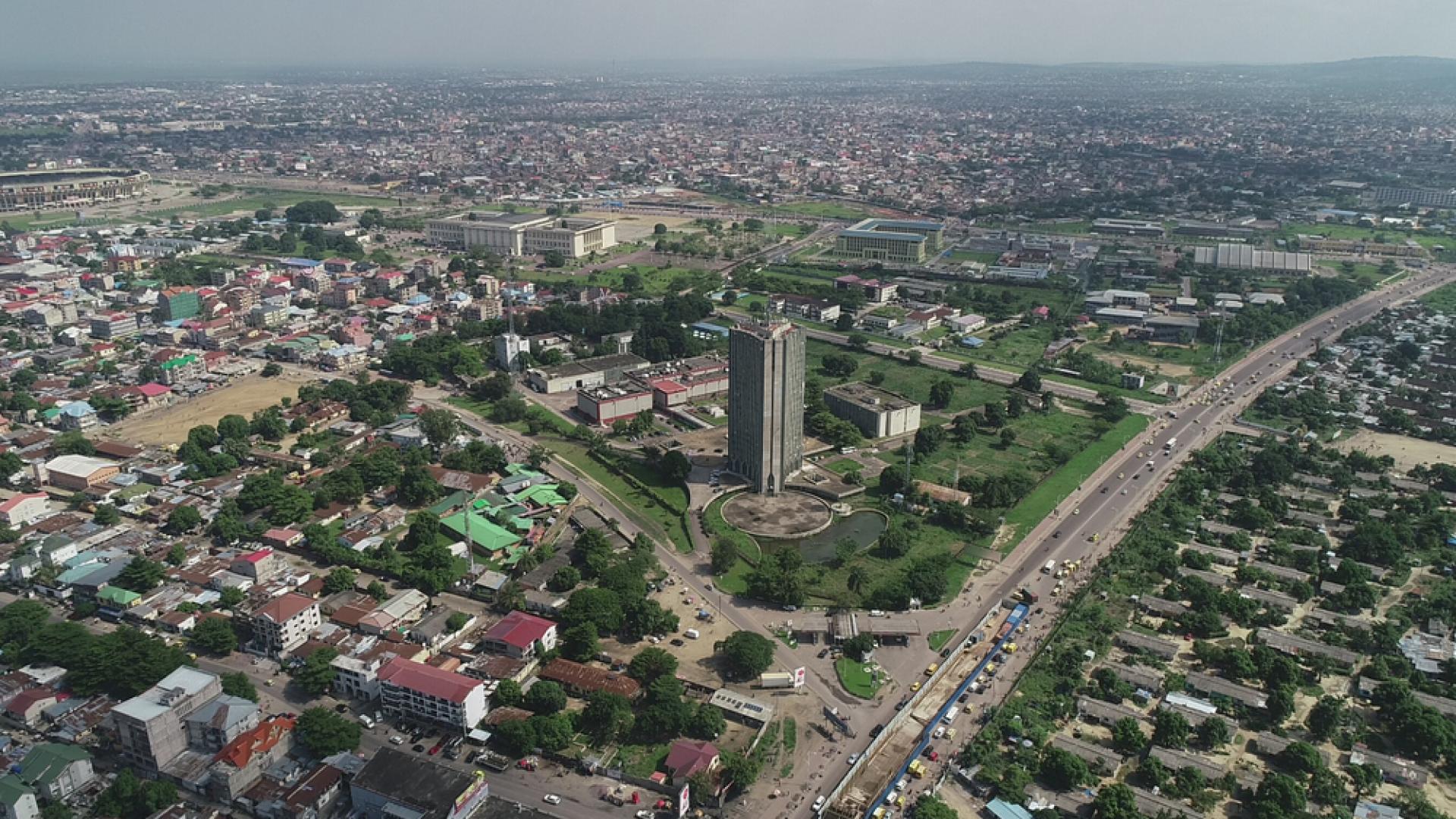Journalists assaulted during prime minister’s visit to Ituri

A visit by Congolese Prime Minister Judith Suminwa Tuluka to the conflict-ridden Ituri province has been overshadowed by the assault of five journalists by security forces.
The incident has drawn widespread condemnation, highlighting the precarious state of press freedom in the Democratic Republic of Congo (DRC).
The journalists, all duly accredited to cover the official visit, were violently attacked on November 23, 2024, at Bunia’s Murongo Airport, where they had gathered for a press briefing.
Among the victims were prominent media figures, including Papy Kilongo from Radio Sango Malamu (RTS) and Saliboko Mangala, director of Radio Merveille Bunia (RMB).
A Troubled Visit to a Troubled Region
The Prime Minister’s visit aimed to assess the impact of the state of siege declared three years ago in Ituri and North Kivu, as well as to gather proposals for President Félix Tshisekedi.
Escorted by a high-ranking delegation and welcomed by the province’s military governor, Lieutenant General Luboya Nkashama Johnny, the visit was set against a backdrop of chronic violence and instability.
Despite the intended focus on fiscal incentives for economic operators and broader security measures, tensions quickly escalated.
Security personnel barred the journalists from accessing the airport tarmac and resorted to physical violence, sparking outrage in media circles.
Condemnation and Calls for Action
The media advocacy group Journalistes en Danger (JED) swiftly condemned the assault.
Freddy Upar, JED’s representative in Ituri, decried the attack as a flagrant violation of press freedom, singling out the case of Charlie Omba from Ituri.cd for its particularly egregious nature.
David Ramazani, director of Buniaactualite.cd, echoed these sentiments, urging stronger collaboration between security forces and media professionals to safeguard the free flow of information.
Silence and Frustration
Neither the Prime Minister’s delegation nor local authorities have issued statements addressing the incident, a silence that has only fueled anger among journalists.
The episode underscores broader challenges facing the press in Ituri, where restrictive security measures and escalating violence have made the profession increasingly perilous.
The assault serves as a stark reminder of the urgent need for measures to protect journalists in regions under siege.
Without such safeguards, efforts to ensure accurate reporting and counter disinformation will remain severely hampered, deepening the challenges for peace and stability in Ituri.
About The Author
dailymailafric
I am an avid African news observer, and an active member of Daily Mail Africa.
I’m Passionate about staying informed on diverse topics across the continent,
I actively contribute to publishing on political, economic and cultural developments in Africa.



